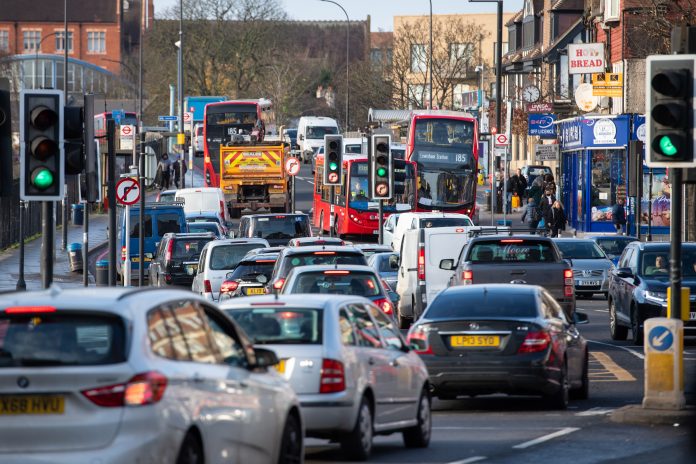According to a new survey, car addiction has hit a 15-year high despite a decline in commuting.
More than four in five (82%) respondents to an annual RAC survey of motorists said they would have difficulty without access to a car.
That is 79% in the previous year and 74% in 2019 and the highest value since 2006.
When it comes to visiting friends and relatives, 68% of those who rely on the car said the distance they have to travel is too far to walk or cycle.
The car is the only viable option for the distances people travel
Rod Dennis, RAC
About 57% said the car was faster than other options, and 53% said there was no viable public transportation.
Drivers in rural areas are more dependent on the car (87%) than city dwellers (77%).
The survey of 2,652 UK motorists also found that commuting five days a week will not return for most people.
Only 32% of respondents said they would drive to work every working day in the future, compared with 49% before the virus crisis.
The average expected number of days of commuting was three.
Meanwhile, the negative attitudes of motorists towards public transport seem to be solidifying.
Less than half (46%) said they would use their car less even with improved train and bus connections, compared to 59% three years ago.
45 percent assume that as a direct consequence of the pandemic, they will use public transport less in the future.
RAC Data Insight spokesman Rod Dennis said, “Many drivers clearly expect hybrid operations to become the norm, which could have a profound effect on the total number of vehicles on the roads during the week.
“It is also clear how important the car is for so many people, a relationship that seems to have strengthened through Covid-19.
“A larger proportion of drivers say they would find it difficult to live without one.
“The car is, in many cases, faster, more reliable, and really the only viable option for the distances people travel, be it to the local supermarket a few miles away or to meet friends and family across the street from the country.
“When pre-pandemic policymakers faced the challenge of getting drivers out of their cars, it was like climbing a steep hill, but our research suggests they are now climbing a real mountain. “

